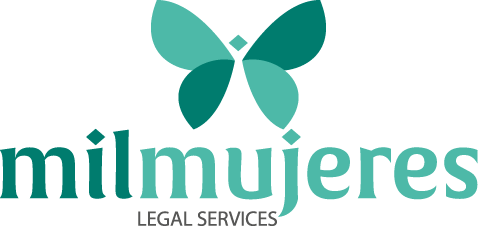People in recovery have unique hurdles to restoring or establishing financial independence. Getting their finances in order may even trigger a relapse. But approached properly, people in recovery can follow a few specific steps to achieve financial independence.
Nearly one in 10 Americans — 22.35 million adults — were in recovery from some form of addiction in 2021, according to a study in the journal Drug and Alcohol Dependence. But they have very little support from banks or financial service providers.
Lack of support for financial recovery, while recovering from substance use disorder — or SUD — puts these people at greater risk of relapse.
What’s more, financial literacy and counseling programs through rehab and recovery programs are a mixed bag. Some make financial health a focus of recovery, while others provide little to no focus on returning to financial independence while recovering from SUD.
This guide explores financial stress for people in recovery and where to turn for help in achieving financial independence.
Understanding Financial Stress During Addiction Recovery
Financial stress is the physical or emotional reaction people have from concerns or worry about their personal finances. It can lead to mental health problems and sometimes substance abuse. For people recovering from substance abuse, this stress can be compounded and threaten a relapse, according to the experts who commented for this guide.
“Individuals in recovery often have to face the financial fallout they experienced when they were actively struggling with addiction. This financial fallout is not pretty,” Dr. Lea McMahon Ed.D, LPC, chief clinical officer at Symetria Recovery told Annuity.org. “Achieving financial independence after you spend all of your savings and income on substances is no easy task, especially for someone who is fighting a recovery battle.”
The vicious cycle of finances and mental health issues can also fuel addiction or other self-destructive behavior as people look for escape. But it only keeps the vicious cycle spinning.
“Substance abuse, for instance, may result in money being spent on items that are not necessary, which can lead to further financial instability,” Candace Kotkin-De Carvalho, a licensed social worker with recovery center Absolute Awakenings in New Jersey told Annuity.org.
Financial insecurity and mental health issues are two of the leading factors connected to substance abuse in the United States and United Kingdom, according to a 2023 study by Rehabs.uk.
Substance abuse can damage people’s finances to the point where they end up homeless. But substance abuse is often the result of homelessness rather than the cause, according to the National Coalition for the Homeless.
This creates a new vicious cycle. Substance abuse can exacerbate depression or anxiety over your finances. The cost of alcohol or drugs can leave you with less money to meet your expenses. It can also lead to health problems requiring more money for care. And substance abuse can hinder your judgment.
“This could result in decisions that further aggravate their mental health, such as taking out loans they cannot pay back, turning to alcohol or drugs for comfort, or going into debt — all of which only add onto the existing burden of achieving financial independence,” Dr. Harold Hong, a board-certified psychiatrist at New Waters Recovery in North Carolina told Annuity.org.
Ultimately, it can lead to more costs through recovery from addiction.

Do you want to know more? Visit the full article here:
https://www.annuity.org/personal-finance/financial-wellness/addiction-recovery/

